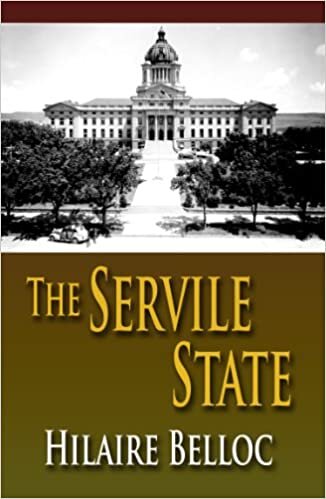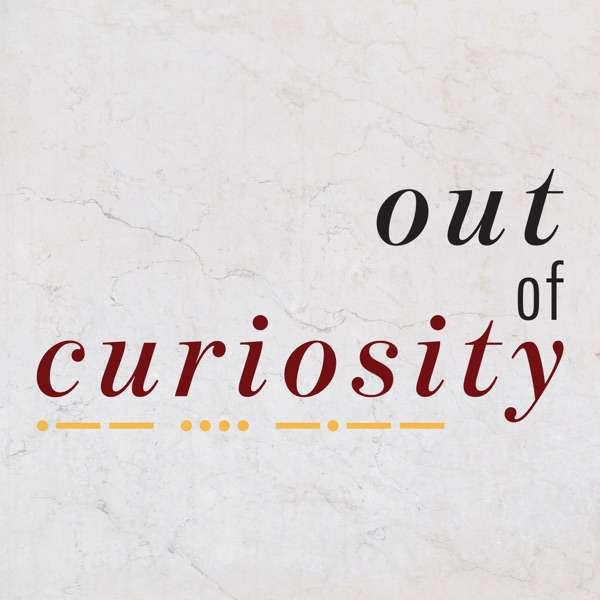The First Disposition: Love
Love is rule one. It’s the thing that ought to inform your life.
I think most everyone agrees with the wealthy Stoic philosopher, Seneca, who wrote, “There is no enjoying the possession of anything valuable unless one has someone to share it with.”
Five minutes of Internet surfing would yield a hundred other aphorisms about the supreme importance of love that most would agree with.
But what exactly is it?
It’s simply this: attraction to other.
That’s it.
But it’s crucial. By attracting yourself to other, you are pulling yourself out of yourself, as it were. It’s why love is so irrational and magical, yet so manifestly powerful that even logic and philosophy can’t deny its importance.
Love is what happens when you put yourself second . . . .behind the object loved. Love, then, walks hand-in-hand with humility. Humility is nothing more than self-forgetfulness. It’s not self-deprecation or declarations of your worthlessness. It’s a disposition that isn’t focused on yourself at all.
Once you’re not focused on yourself, the problems that arise from self-centeredness — the grasping greed, inflamed lust, ego-centered ambition — decrease.
You are then better positioned to love . . . and to develop the other dispositions discussed below.
“In front of love, passionlessness marches.”
Evagrius, The Praktikos
Temporal Disposition: The Now
The present moment is the only thing you can control. The past is gone, the future might not even arrive, and if it does arrive, it won’t be in the form you anticipate.
To live in the present moment is the most common-sensical thing in the world, but it also seems to be the hardest thing in the world, especially in the modern world where everyone seems to be afraid: running from, rushing to, or bracing for . . . something to come.
Just stop it. Be in the present moment, softly writing off regrets, calmly refusing to entertain worries about the future. Just addressing the task at hand.
If you need to plan responsibly for the future, that’s fine. Just try to think about the future only to the extent it depends on the present moment.
Yes, it’ll take practice, but I’m convinced this very difficult disposition is worth all the wisdom in the world if it can be acquired.
And if you want a simple disposition hack, try this: cultivate a spirit of thankfulness. The mere mental act of being thankful contents your mind with something else, taking it off you, past regrets, and future schemes. It’s remarkably effective.
Also: Cultivate the ability to focus. It’s a key to living in the present moment.
It’s also the third disposition.
“Only a man who lives not in time but in the present is happy.” Ludwig Wittgenstein
Disposition During Active Life: Concentration
Most people associate “active life” with work: life on the job.
But here I mean the active part of life in general . . . pretty much anything that isn’t sleeping, meditation, or abject sloth. Work, yes, but also play, whether it’s gardening, golfing, socializing, exercising, reading, etc.
Whatever you do, focus on it and only it.
I realize that’s pretty routine advice that’s hard for many people to follow, but here are three tips that might help:
(1) Tie your focus to humility. Why do you get distracted? Maybe it’s because your ego tells you something else might please you more than the task or person in front of you now. Tell yourself that all you deserve is the current task.
(2) Understand the “flow.” There are two types of mental effort: “concentration on the task and the deliberate control of attention.” Daniel Kahneman. When you’re in the flow, the deliberate control of attention occurs without trying, with the result that your mental energy isn’t divided: all of your mental efforts can be spent on the task. Merely by understanding what the flow is and appreciating what’s going on when trying to concentrate will make you better at it.
(3) Try to imbue everything, even office life, with a spirit of play. Play, the Jungian analyst Robin Daniels points out, occupies that “transitional space” between subject-object: you’re focused on an object that you enjoy. The object takes you out of yourself, but you are still having fun. If you cultivate the spirit of play in everything, especially your work, focus follows naturally.
“In the intellectual order, the virtue of humility is nothing more nor less than the power of attention.” Simone Weil
The flow is a state of “effortless concentration so deep that [the persons in the flow] lose their sense of time, of themselves, of their problems.” Daniel Kahneman
“Blur the distinction between work and play.” Winifred Gallager
Disposition of Movement: Slowness
Why, exactly, do we rush?
There can be specific reasons, of course. If a kid is drowning, I hope your pace quickens.
But in general, why do we rush?
I think the answer is pretty clear: it’s because we’re self-centered. We rush because we’re trying (often only semi-consciously) to satisfy something we want.
If we slow down, we may not reach our aim. The rushing, in turn, feeds our self-centeredness, “enabling” it, as it were. Our ego inflates even more, feeding a growing frenzy of ambitions, schemes, and plans that we must rush to meet, creating in us a disposition of hurriedness.
We need to flip that disposition. We need to slow down drastically and develop the disposition of slowness.
It’ll let air out of your ego. As your ego deflates, you become calmer. As you become calmer, you start to think more clearly.
If you doubt this, try a simple experiment: After a hectic day, drink wine, relax, and observe. The depressant in a moderate amount of alcohol takes you out of yourself by slowing you down, mentally and physically. It calms you, letting you think and see more clearly, and when it does, you normally start to see the goodness of existence.
Moving with deliberate slowness is, in my experience, a dry version of drinking wine.
“To become a philosopher, start by walking very slowly.” Nassim Taleb
“Rushing is a form of aggression.” Robin Daniels
Disposition Toward Noise: Silence
This one is tricky. Noise, after all, isn’t something you control, right? That’s why your neighbor with the leaf blower sucks. You can simply divert your eyes from an unpleasant sight, but you can’t simply divert your ears from an unpleasant noise.
Moreover, in the modern world, noise is ubiquitous. Over 50 years ago, Max Picard, a philosopher who detested noise, said the modern world is historically unique because noise was everywhere, as exemplified by the radio:
“Radio has occupied the whole space of silence. There is no silence any longer. Even when the radio is turned off, the radio-noise is so amorphous that it seems to have no beginning and no end; it is limitless.”
Things have only gotten worse since then.
Fortunately, there are two types of noise: inner and outer. You have a lot of control over the inner. You can turn down the volume of the passions that inflame your mind, slow down the parade of thoughts, dull the drumbeats of ambitions that keep you in a state of steady agitation.
But you’ll have to practice. The noise in our modern world makes it more difficult to practice, but it can be done: by closing the door, using noise-canceling headphones, meditating.
Once the volume of inner noise is turned down and you’ve cultivated the disposition of silence, you will find yourself closer to a state of stillness, which, as Ryan Holiday points out in his recent bestseller, Stillness if the Key, is crucial to a good existence.
“Silence is not just the absence of noise any more than peace is the absence of war. It is rather a positive and difficult accomplishment, a state of justice in the soul in which according to the classical formulation stretching back to Plato, each part receives its due in the performance of its proper function.”
John Senior, The Restoration of Christian Culture

 Our TOPPODCAST Picks
Our TOPPODCAST Picks  Stay Connected
Stay Connected












